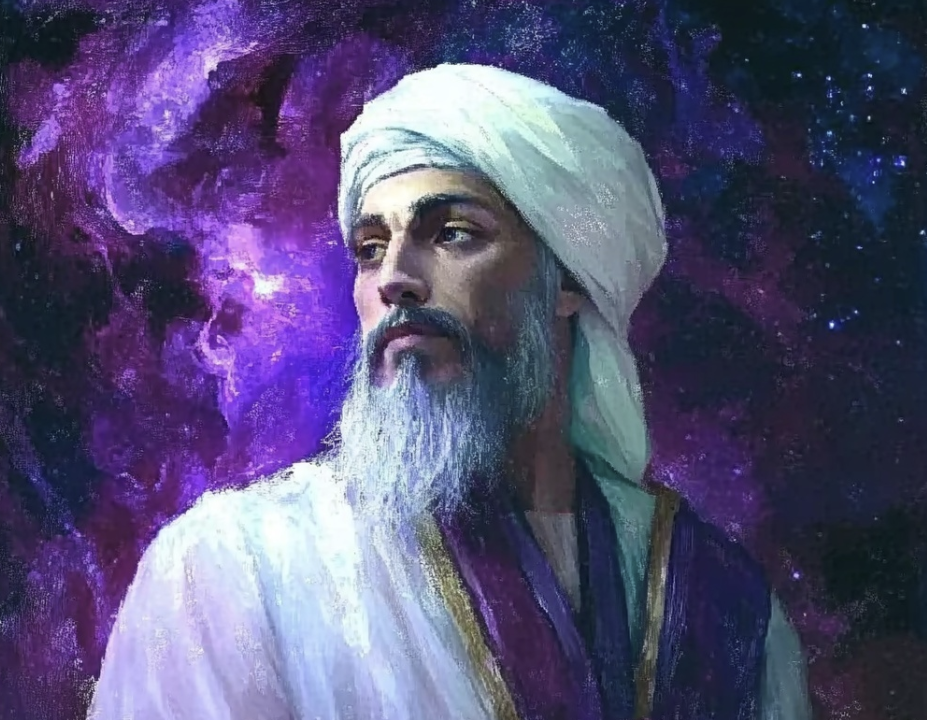
Avicenna — The Prince of Physicians and Sage of the Islamic Golden Age (980–1037)
A prodigy of medicine, metaphysics, and logic whose encyclopedic genius shaped centuries of science and philosophy across the Islamic world and medieval Europe.
A Prodigy in a Time of Intellectual Flourishing
Avicenna (Ibn Sina) was born near Bukhara, in a region rich with scholarship, translation, and cultural exchange. A child of exceptional intellect, he memorized the Qur’an by age ten, mastered astronomy and mathematics soon after, and dove into the complexities of Aristotle’s metaphysics before most students could handle basic logic. By his teens, he was already a practicing physician — and so skilled that he famously cured a Samanid ruler no one else could treat.
His early access to royal libraries allowed him to devour medical, philosophical, and scientific texts. These influences shaped a mind that moved freely between disciplines, seeking not just to collect knowledge but to unify it under a rational and metaphysical order.
“The more knowledge we have of things, the more perfect becomes our knowledge of God.”
Master of Medicine — The Canon
Avicenna’s most famous medical work, The Canon of Medicine, became the foundational text of global medicine for almost 600 years. It synthesized Greek, Persian, and Indian medical knowledge into a rigorous system of diagnosis, anatomy, pharmacology, and treatment. The Canon introduced clinical trials, experimental pharmacology, and detailed discussions of contagious disease.
For centuries, medical schools from Cairo to Padua relied on his methods. His emphasis on observation, systematic classification, and the search for hidden causes made him a pioneer of scientific medicine long before the modern scientific method took shape.
“Medicine is a science from which one learns the states of the human body.”
Metaphysics and the Architecture of Reality
Avicenna was equally groundbreaking in philosophy. Building on Aristotle, he developed a powerful metaphysical system centered on the distinction between essence and existence. Things have an essence — what they are — but they only exist through a cause. This idea shaped the entire trajectory of medieval metaphysics.
From this foundation, Avicenna offered one of the earliest rational arguments for the existence of a Necessary Being — a reality whose existence derives from itself, not from anything else. This argument would influence theologians and philosophers across Islam, Judaism, and Christianity, including Aquinas and Maimonides.
“The existence of all things is in need of an external cause, except the Necessary Existent.”
Logic, Psychology, and the Human Soul
Avicenna reshaped classical logic, introducing new structures and refining Aristotle’s categories. He also produced influential works on the nature of the soul, arguing that the human intellect possesses a capacity to grasp universals in a way that transcends the body.
His famous “Floating Man” thought experiment remains one of the earliest explorations of self-awareness in isolation. Without sensory input, he argued, a person would still recognize their own existence — suggesting the soul has an identity independent of the body.
“If a man were created in the air, suspended, and deprived of all sensation, he would still affirm that he exists.”
A Life of Scholarship, Politics, and Exile
Avicenna’s life was anything but quiet. He served as a physician, vizier, and political advisor, often caught in the turbulence of regional struggles. His brilliance made him valuable; his independence made him dangerous. He was imprisoned, escaped, and served under different rulers — always writing, always studying, often working through the nights by lamplight.
Despite political chaos, he produced more than 250 works across medicine, philosophy, astronomy, mathematics, chemistry, and poetry. Even in his final days, weakened by illness, he continued to teach and revise his medical writings.
“The world is divided into men who have wit and no religion and men who have religion and no wit.”
Legacy
Avicenna’s influence echoed across civilizations. In the Islamic world, he shaped philosophy, theology, and science for centuries. In Christian Europe, his works became standard texts in medicine and metaphysics. Scholars saw him as both a healer of bodies and a clarifier of the deep structure of reality.
His legacy stands as proof that intellectual curiosity, clinical precision, and metaphysical imagination can coexist — and that the human mind can reach across disciplines to build a unified picture of the universe.
“The aim of the philosopher is to understand all things.”
CivilSimian.com created by AxiomaticPanic, CivilSimian, Kalokagathia
